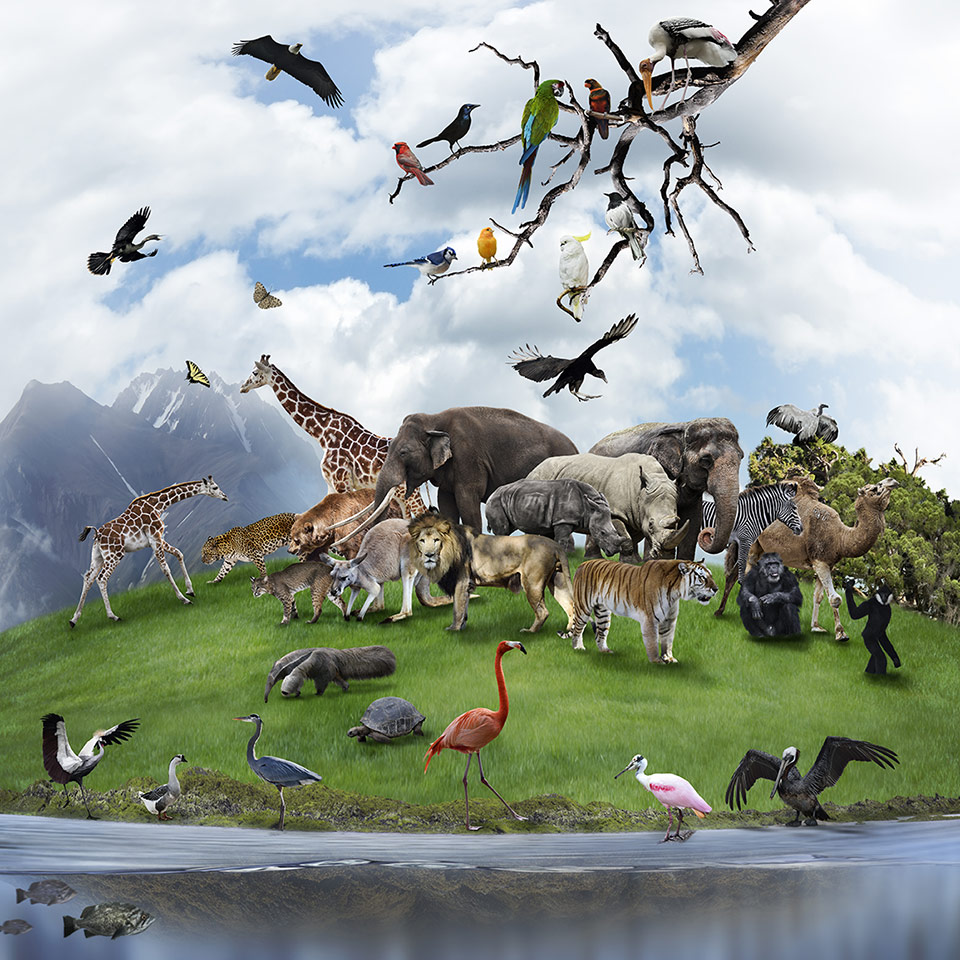Cognitive science is a branch of psychology that encompasses how the brain works and how people learn. It is an amazing interdisciplinary field that includes some fantastic areas such as neuroscience, computer science, and then linguistics.
For example, it would be up to a cognitive scientist to study how children develop language skills or what happens in the brain when someone speaks another language.


It’s not just about humans either. Cognitive scientists also study animal behavior and what goes on in their brains. These studies have led to important discoveries such as the idea that animals can have complex thoughts and emotional lives too. That’s why you should care about cognitive science it could change your life!
Check out our Sports News & Facts, Here you’ll find the sports-related blogs. Day by day when you age you’ll realize how much sports has given to you and how it helps you become a better person.
What are the benefits?
Cognitive science is a diverse field that can offer benefits to anyone interested in it. The study of cognition is not only fascinating but can also provide some useful information about your brain and its learning potential.
It’s also incredibly applicable to the world today. Cognitive scientists are studying everything from how artificial intelligence will affect our future to why people believe in conspiracy theories. They’re also developing new methods for teaching or treating cognitive disorders like Alzheimer’s Disease.
Further, cognitive science has the potential for making a big difference in the lives of many millions of people around the world who suffer from mental health issues such as depression or anxiety. Some research suggests that cognitive-behavioral therapy (CBT) may be effective in treating these disorders by helping people understand why they react a certain way and come up with alternative responses to those reactions.
How does cognitive science study animal behavior?


Cognitive scientists study animals to figure out how they think, what they know, and what they can do.
For example, one of the most famous studies on animal intelligence was done by a researcher named Wolfgang Koehler in the 1920s.
Koehler studied problem-solving behavior in apes by giving them puzzles that were too difficult for monkeys to solve.
He found that apes would work on the puzzles for hours, trying different strategies to get the food inside of it.
Monkeys, on the other hand, would give up after a few minutes and just stare at their puzzle, waiting for someone to come along and help them with it.
Scientists still use this study today as an example of how animals are intelligent and capable of cooperative problem-solving behaviors.
Check out our aviation-related Articles such as Air Crash investigation, Case studies, Research articles to understand the complexity and the beauty of the aviation field.
Conclusion
The field of cognitive science is so broad and complex that we can’t fit it all into one article. We have touched on the basic ideas of what cognitive science is and why you should care by reading this article, but there’s much more!
Once you have a basic understanding of what cognitive science is, you’ll be able to dive into more specific topics like memory, learning, perception, and more.
But first, it’s important to be familiar with some of the key players in the field of cognitive science. We’ve covered some of the most influential figures in cognitive science in this article, but there are many more!
If you’re interested in exploring the field of cognitive science more deeply, it’s important to first understand the basics. That’s what this article is for—to introduce a few key ideas about what cognitive science is and why it matters to you.
